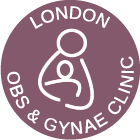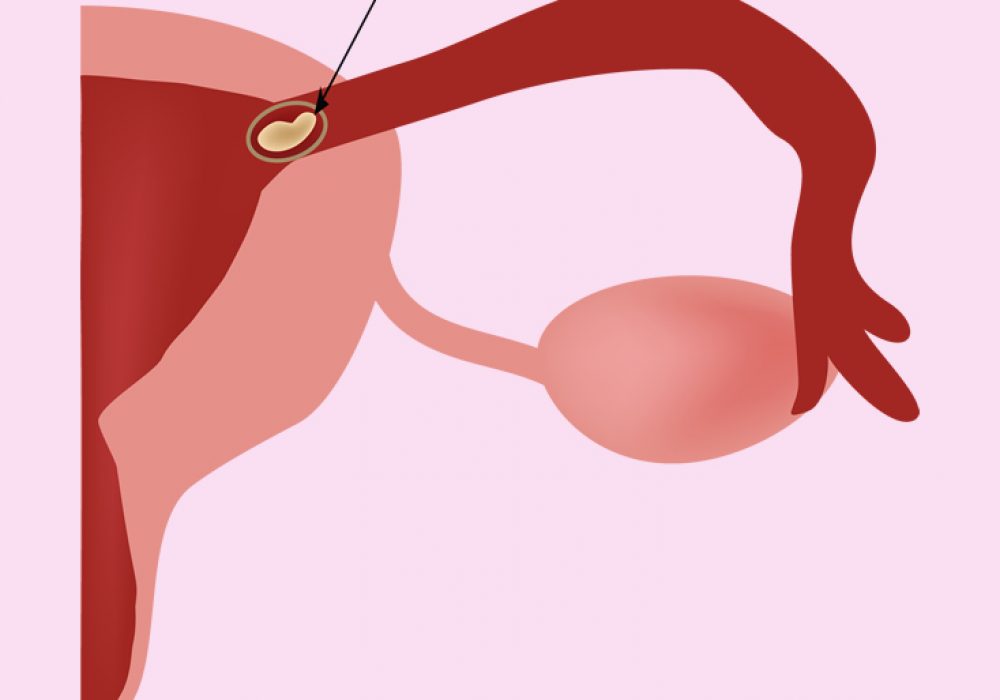- Home
- About Us
- Services
- Obstetrics
- Gynaecology
- Woman Wellness Screen
- Cervical Smear and Vaccination
- Intrauterine Devices (IUD)
- Ectopic Pregnancy
- Molar Pregnancy
- Endometriosis
- Uterine Fibroids
- Irregular Bleeding
- Cyst & Masses
- Miscarriage Ectopic And Early Pregnancy Complications
- Abnormal Uterine Bleeding
- Colposcopy And Cervical Treatment
- Colposcopy
- Birth Control Methods
- HPV And Vaccination
- UTI And Cystitis
- Polycystic Ovary Syndrome
- Vaginal Irritation And PID (Pelvic Inflammatory Disease)
- STDs Screen And Management
- Ovarian Cysts
- Early Pregnancy (Miscarriage)
- Pelvic Floor Prolapse
- Dysmenorrhea
- Urinary Incontinence
- Uterine Prolapse
- Procedures
- Infertility
- Ultrasound Scans
- Covid Test
- Patient Navigation
- Fees
- Contact Us

